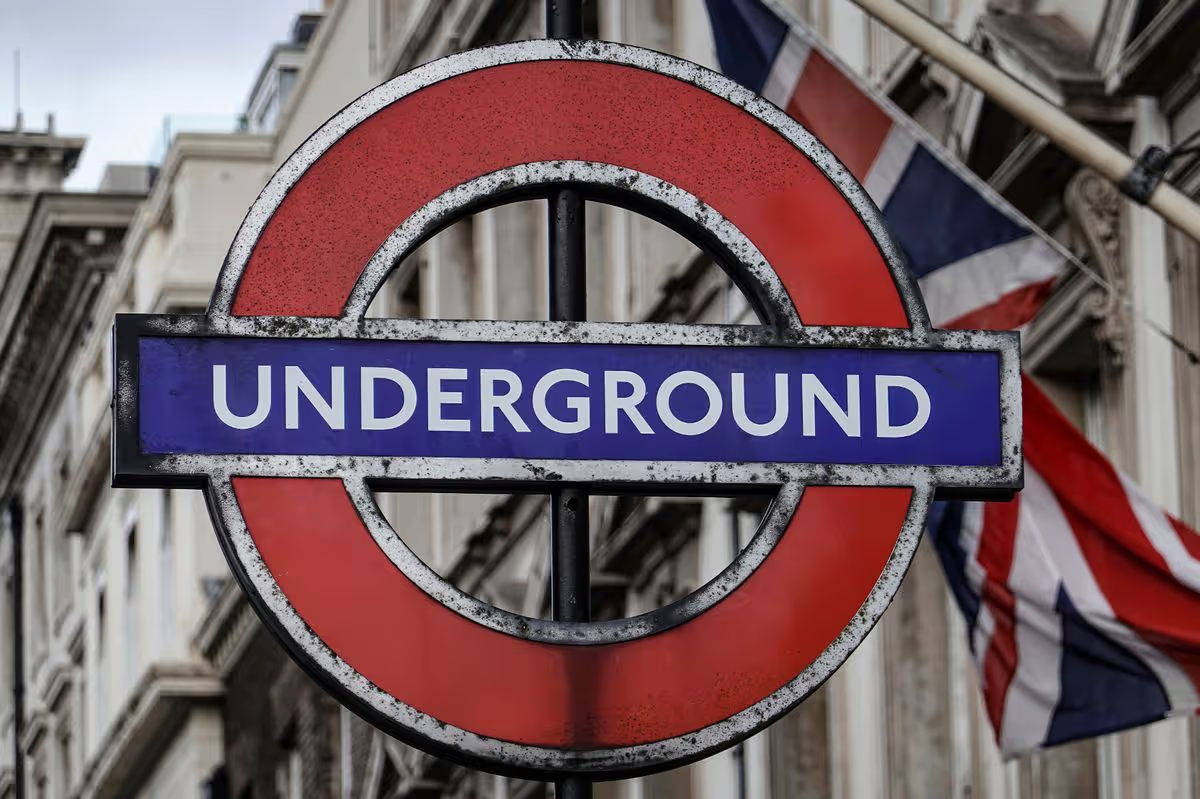Two people took the Bakerloo line on one of London’s shortest Tube journeys while another walked between the stations – with surprising results showing walking was faster
While the London Underground is undeniably handy most of the time, there are some journeys that seem barely worth the hassle. By the time you’ve reached the station, scanned your ticket or Oyster card, gone down the stairs or escalator, waited for your train, then made the return journey back to street level and scanned back out, you could probably have walked the distance just as quickly.
The people at secret.london decided to put this theory to the test, with two people tackling one of the capital’s briefest Tube journeys, whilst another made the same trip on foot to determine who’d arrive first.
The journey from Marylebone Station to Baker Street on the Bakerloo line lasts just 57 seconds – however, the time spent getting to and from the platforms, plus waiting for the train, will bump this up. The stations sit just 0.2 miles apart, with the walk between them taking around six minutes, according to Google Maps.
Kicking off the video, narrator Tom said: “This has got to be the most pointless Tube journey in London.” He continued: “Today we’re racing between Marylebone and Baker Street, with Google predicting a six minute walk versus a one minute Tube ride, who’s going to get there first?”
The footage then shows Tom and two female colleagues at Marylebone Station simultaneously starting timers on their phones, before he heads off on foot whilst the women dart into the station, reports MyLondon. The footage captures the women striding quickly – but not running – through the station, while navigating the ticket barrier and commuters blocking the escalator.
Tom, meanwhile, is filmed making his way through the streets, remarking: “Of course we’re doing it in such terrible weather. You’ve got to be prepared for everything, so I have come with a brolly.”
He continues: “I’m feeling good about this. Those guys have got to get onto the platform (and) find a tube that’s hopefully on time.”
The women are then spotted reaching the platform, with the next service due in two minutes, while Tom encounters his “first obstacle” – a set of traffic lights. “A fun fact about Baker Street Station: it’s the oldest Tube station in the world,” he says. “It was created on January 10 in 1863.
“But was it built to be the fastest? I don’t know.”
The women are subsequently shown getting on the train, their timers displaying four minutes and 20 seconds, and counting. “It’s not our fault we’re tiny and petite and he’s big and lanky and long,” one remarks.
They’re then filmed getting off the train and moving swiftly towards the exit. Tom, by contrast, stands across the road from the station entrance.
“I can see the entrance to the station and they’re not outside it, so I think I’ve got a good chance” he says. After a frantic dash up the escalator and a tussle with a stubborn ticket barrier, the women display the timer, reading six minutes and 26 seconds, as they reach the station entrance – only to find Tom already there.
Tom finished the journey in six minutes and 16 seconds, remarking: “So for this one, you probably should walk it.”
What are the shortest Tube journeys?
- Charing Cross – Embankment 35 secs (Northern line)
- Leicester Square – Covent Garden 39 secs (Piccadilly line)
- Southwark – Waterloo 42 secs (Jubilee line)
- Tottenham Court Road – Leicester Square 44 secs (Northern line)
- Holborn – Chancery Lane 45 secs (Central line)
- Warren Street – Goodge Street 46 secs (Northern line)
- Cannon Street – Mansion House 50 secs (Circle and Hammersmith & City lines)
- Cannon Street – Mansion House 50 secs (District line)
- Embankment – Charing Cross 50 secs (Bakerloo line)
- Monument – Cannon Street 50 secs (Circle and Hammersmith & City lines)
- Monument – Cannon Street 50 secs (District line)
- Marble Arch – Bond Street 51 secs (Central line)
- Northfields – South Ealing 51 secs (Piccadilly line)
- Oxford Circus – Tottenham Ct Rd 51 secs (Central line)
- Charing Cross – Leicester Square 54 secs (Northern line)
- Euston – King’s Cross 54 secs (Victoria line)
- Finchley Road – Swiss Cottage 55 secs (Jubilee line)
- Wood Lane – Shepherds Bush 55 secs (Circle and Hammersmith & City lines)
- Goodge Street – Tottenham Court Road 56 secs (Norther line)
- Baker Street – Marylebone 57 secs (Bakerloo line)
- Bond Street – Oxford Circus 57 secs (Central line)
- Marylebone – Edgware Road 57 secs (Bakerloo line)
Ensure our latest headlines always appear at the top of your Google Search by making us a Preferred Source. Click here to activate or add us as your Preferred Source in your Google search settings.

